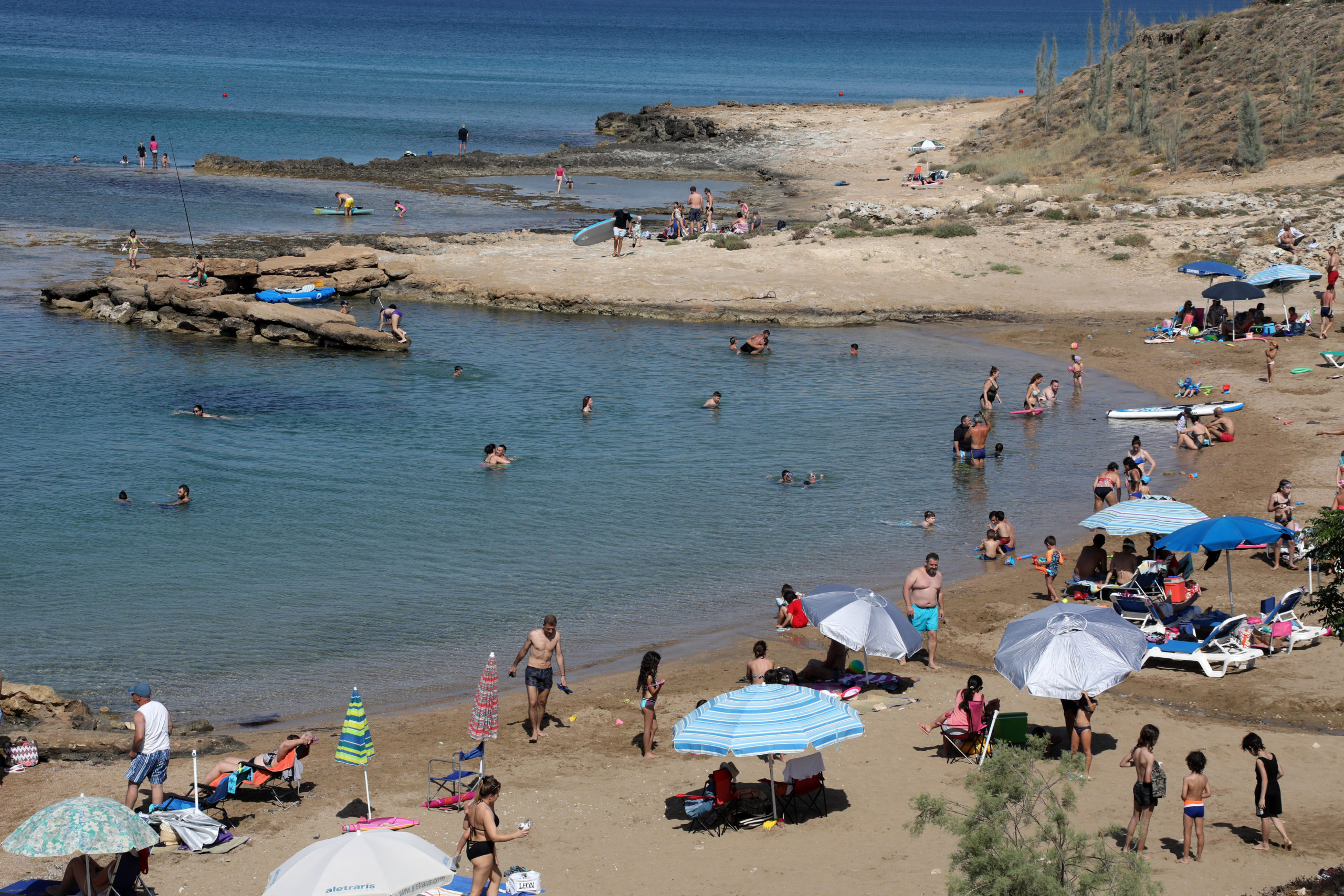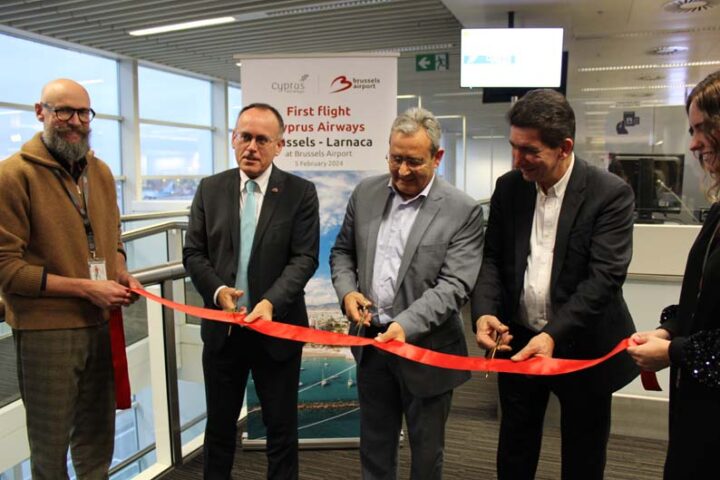The EU tourism industry has rebounded from the COVID-19 pandemic strongly, with data for 2022 approaching 2019 levels, according to Eurostat.
The total number of nights spent in tourist accommodation in the first half year of 2022 was still lower than during 2019 (1.01 billion in 2022 compared to 1.18 bln in 2019) but better than 2020 (474.7 mln) and 2021 (406.8 mln).
This means there was a 14% decrease in 2022 compared with 2019, against 66% in 2021 and 60% in 2020.
Compared with the first half of 2021, nights spent in tourist accommodation increased by 149%, substantially increasing in all six months.
April had the highest increase, up 302% compared with April 2021 (44 mln nights in 2021 vs 177.6 mln in 2022).
Cyprus
In Cyprus, during the first half of 2022, there were 5.028 mln nights spent in tourist accommodation, compared with 6.790 mln nights during the same period in 2019, 1.236 mln in 2020 and 1.691 mln in 2021.
Tourist arrivals in Cyprus this year were satisfactory despite the losses recorded from the British and Russian markets, Minister of Tourism Savvas Perdios has said.
He argued that the strategy to tap new European markets paid off as some 40% of the arrivals came from EU countries, up by 22% compared with 2019.
The strategy to diversify, focusing on European markets, was successful, according to data provided by Perdios.
Addressing the extraordinary General Assembly of the Cyprus Hotel Association (CHA) to mark World Tourism Day, he said: “The goal was to attract 200,000 arrivals from other markets” to cover the loss of 800,000 arrivals from Russia.
In the first eight months of 2022, 160,000 new arrivals from the EU were recorded.
Perdios added that 40% of arrivals now come from EU markets, recording an increase of 22% from 2019, although the total arrivals are down by 22%.
Arrivals from Germany increased by 26%, from Poland by 134%, from Denmark by 70%, from France by 100%, and from Austria by 57%.
Weekly airline schedules for December include 65 flights from the United Kingdom, 38 from Israel, 25 from Germany, 23 from Poland, 14 from Lebanon, 13 from Austria, 13 from Romania, 12 from Bulgaria, ten from Hungary, eight from Italy, six from France, six from Serbia.
Hotels
CHA President Haris Loizides said the tourism industry, the most affected by the coronavirus pandemic, is restarting in very difficult conditions, with the global economy hit by rising prices and the energy crisis.
“We are facing a crisis that limits the ability of Europeans to travel.”
Loizides added that the World Tourism Organisation had designated 2022 as the year of restarting tourism, focusing on rebuilding on a more solid basis, prioritising people and the environment for a more resilient and inclusive sector.
He said that in 2023, despite the challenges, the effort to access the European markets must continue.
“We are obliged to learn to operate without excessive dependence on specific markets.
“We must constantly expand the circle of markets from which we attract tourism.
“Without government support, it would be impossible for the tourism and hotel industry to successfully overcome the pandemic’s complications.
“That is why we are convinced that public and private sectors’ cooperation is the ideal recipe for dealing with crises.”
Regarding the green restart of the tourism industry, he said that it is inevitable to switch to alternative forms of energy, as the current costs are too high for hotels.
“That is why, as an Association, we are intensifying our efforts to create photovoltaic parks, which will provide energy to the hotels, thus reducing operating costs”.










